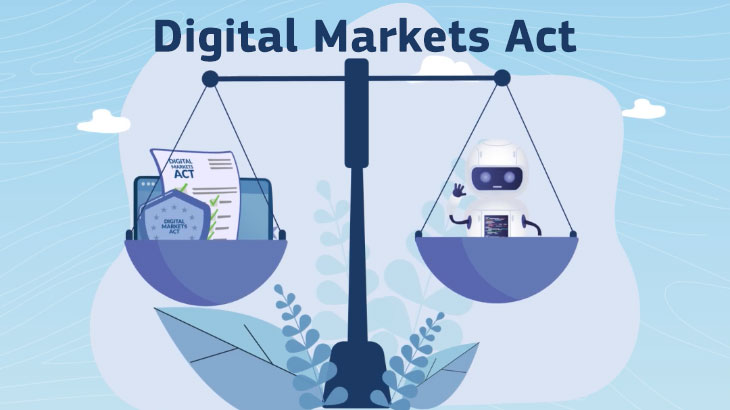
European Commission on Wednesday announced fines of €500 million on Apple and €200 million on Meta for violating the EU’s Digital Markets Act (DMA). These are the first non-compliance decisions issued under the DMA since its enforcement.
Apple fined for restricting app steering
The Commission found that Apple did not allow app developers to inform users about alternative, potentially cheaper options outside the App Store. Developers were restricted from directing users to other platforms, limiting consumer choice.
The Commission said Apple’s restrictions placed unnecessary limits on how developers can guide users to alternative offers. It added that Apple must lift these limitations and not repeat similar actions in the future. The fine was calculated based on how serious and how long the violation lasted.
A separate investigation into Apple’s user choice obligations has been closed after the company took steps to improve compliance. Changes included allowing users to uninstall more pre-installed apps, such as Safari, and simplifying the process of setting default apps through a centralised menu.
Meta’s “Consent or Pay” model ruled non-compliant
According to the Commission, Meta’s ad system rolled out in November 2023 didn’t offer users a clear choice that reduced how much personal data was used. People in the EU using Facebook and Instagram were required to either allow their data to be combined for personalised ads or pay a fee to access an ad-free version.
The Commission said this setup didn’t align with the DMA’s requirement for a less data-intensive but still comparable service. In response, Meta made changes in November 2024 and introduced a new version of its ad model. That updated approach is still being reviewed. The penalty of €200 million applies to the timeframe from March to November 2024, during which the initial ad model was in effect.
Facebook Marketplace removed from DMA scope
The Commission has also removed Facebook Marketplace from the DMA designation. Meta had requested the review, and data showed the platform had fewer than 10,000 business users in 2024—below the threshold for mandatory inclusion.
Concerns over Apple’s app distribution rules continue
The Commission also raised preliminary concerns over Apple’s new app distribution terms. The DMA requires Apple to permit the downloading of apps from alternative sources outside the App Store, such as third-party platforms and the internet.
Apple’s new conditions, including a “Core Technology Fee” and strict eligibility requirements, are seen as discouraging developers from using alternative channels. The Commission said these terms appear unnecessarily restrictive. Apple has the right to respond to these preliminary findings.
U.S. government criticises EU’s action
As reported by Reuters, the White House described the EU’s fines as a “novel form of economic extortion” and criticised the DMA as discriminatory. A spokesperson said such extraterritorial regulations undermine U.S. companies, stifle innovation, and pose a threat to free and open digital markets.
What’s next
Apple and Meta have 60 days to comply with the Commission’s decisions or face further penalties. The European Commission will maintain ongoing discussions with both Apple and Meta to ensure their complete compliance with the DMA.
